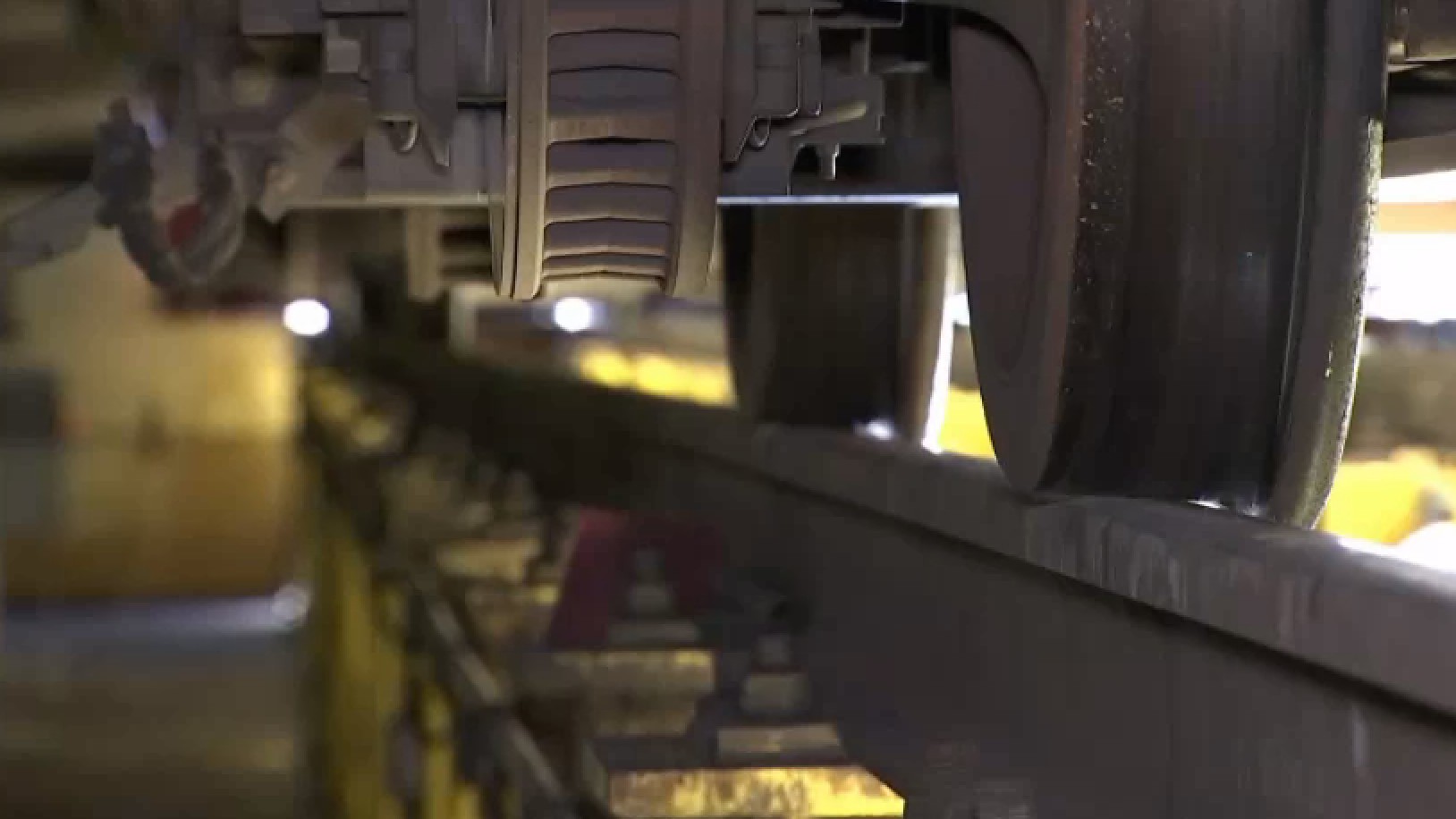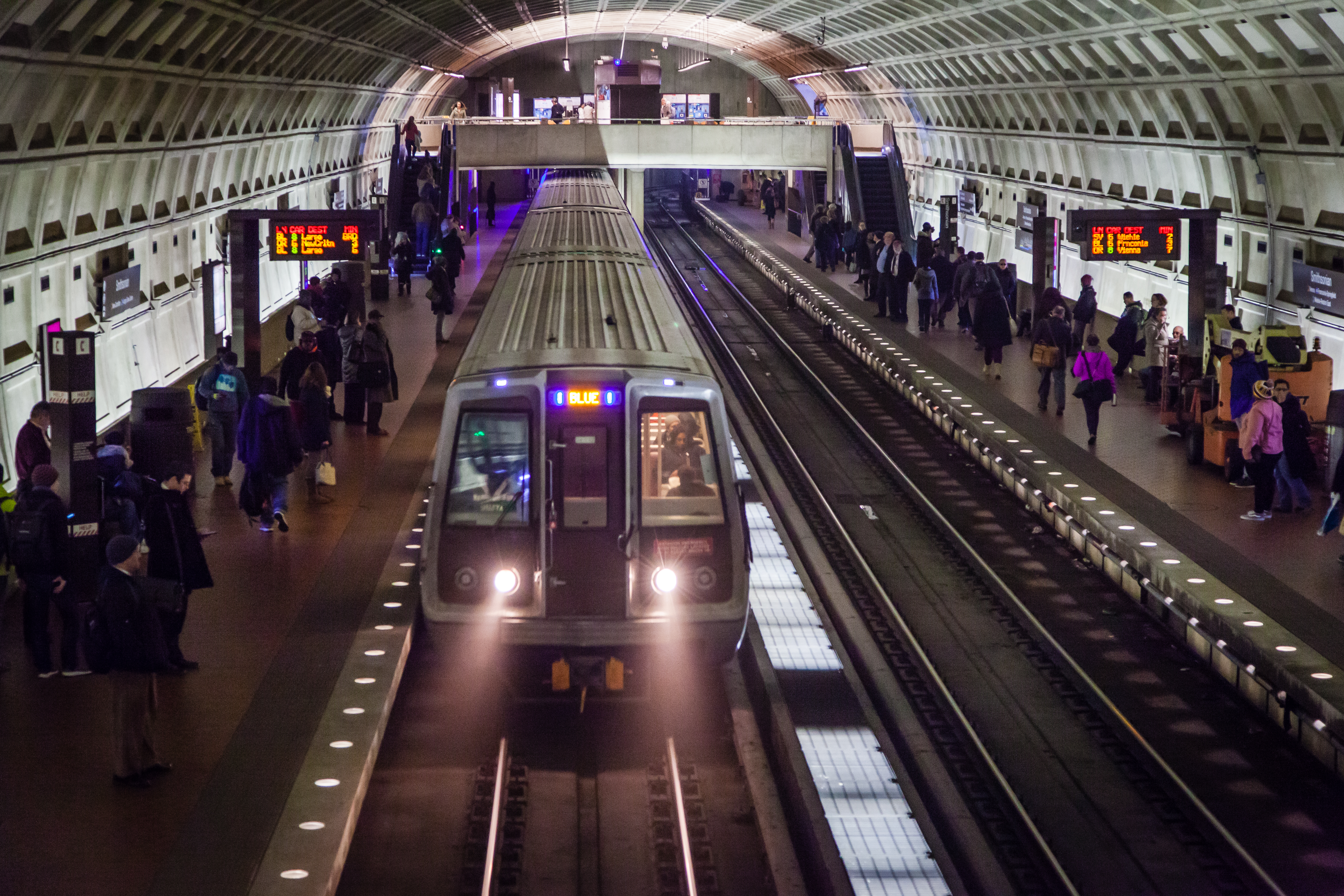Metro is a little closer to getting its troubled 7000-series railcars back on the tracks.
"Oh, that would be heaven," one rider said Tuesday night. "I would absolutely go bananas."
The transit agency’s top watchdog, the Washington Metrorail Safety Commission, said Tuesday it has approved Metro’s plan to keep those railcars safe.
“From now until after the first of the year, customers may see some 7000- series railcars transition safely back to service,” General Manager and CEO Paul Wiedefeld said. “This is part of the process that will enable Metro to announce a more definitive service plan after the first of the year. Until that time, the transition of the 7000-series railcars through the end of the year will allow us to improve reliability.”
We've got the news you need to know to start your day. Sign up for the First & 4Most morning newsletter — delivered to your inbox daily. >Sign up here.
Metro will gradually return almost half of the 7000-series railcars to service -- provide up to an additional 42 trains -- then stop reintroducing railcars for 90 days while any necessary adjustments to the new inspection process are made.
"Well that's good to hear. I mean, the 7000 trains are a lot nicer than the 3000s," another ride said. "If they found out what's wrong with the derailment, I don't see an issue with it."
Metrorail service has been hobbled since the transit agency pulled all 7000-series rail cars — which made up 60% of its fleet — following a derailment on the Blue Line on Oct.12 near the Arlington Cemetery station. The derailment has been attributed to an axle defect that was discovered after the incident that left riders stranded.
The new safety plan would have workers inspecting the distance between the wheels much more often, News4 transportation reporter Adam Tuss reported. It could now be a weekly inspection of those wheels, whereas before, three months could have gone by between inspections.
Riders have grappled with delays due to the reduction in available railcars. The system will continue operate at lower levels than usual at least through the end of the year.
The 7000-series railcars, manufactured by Kawasaki Rail Car, Inc., are the newest in Metro's fleet. The first of those cars went into service in 2015; the last set was delivered in early 2020. They cost about $2 million each.



